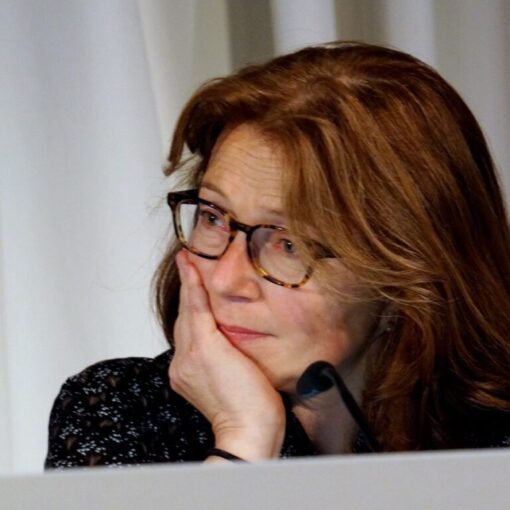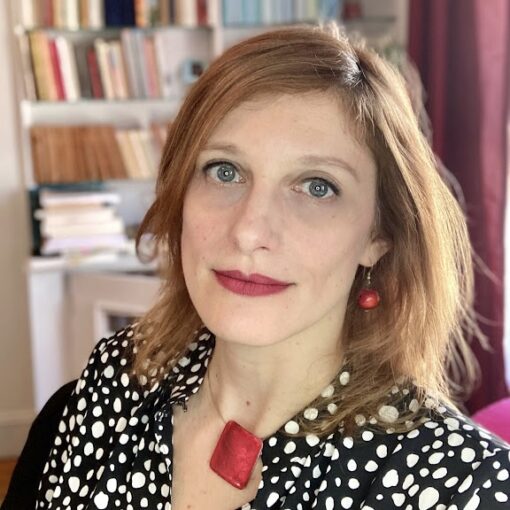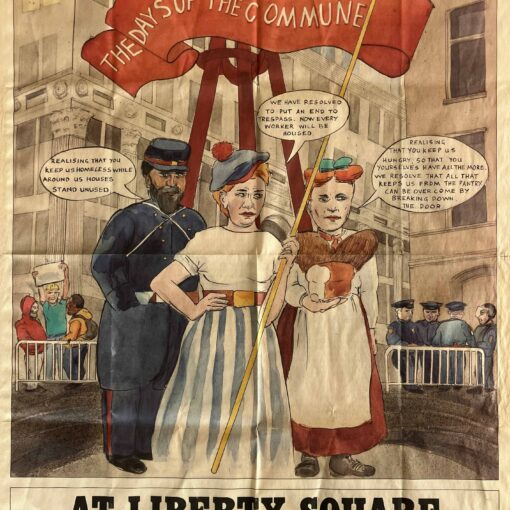By Bernard E. Harcourt
The philosophers have only interpreted the world, in various ways; the point, however, is to change it.
— Marx, Eleventh Thesis on Feuerbach (1845)
Karl Marx’s writings contain many of the most impactful ideas that have transformed—and still today continue to transform—the course of human history. Marx’s ambition for philosophy, namely to change the world, has inspired critical thinkers and activists for over a century now and around the globe. His ideas have motivated social movements and stirred political action in progressive directions ranging from revolutionary class struggle and worker autonomy movements to feminist, Black, queer, transgender, and other forms of Marxist and progressive thought.
Today, there is still so much more to mine in Marx’s work for the advancement of solidarity, equality, social justice, and cooperation. In these times of crisis, with the mounting threat of right-wing extremism, the weakness of liberal centrist parties, and the cataclysmic risks associated with global climate change, it is essential to return to Marx to rethink and catalyze what is to be done and how to move forward.
In Marx 13/13, we turn to Marx’s key texts and read them through the lens of world-historical interpretations that pushed Marxian thought and praxis in new directions: toward operaismo or workerism, Black Marxism, feminist, queer and transgender theories, postcolonialism, cultural studies, Freudian or Foucauldian strands of Marxism, as well as Leninist, Maoist, and social democratic forms of Marxism. This public seminar series will reread the original Marx texts chronologically, in conversation with formative interpretations of the texts that have shaped different branches of Marxism or progressive thought, with the guidance of brilliant contemporary critical philosophers.

Each seminar of Marx 13/13, then, will triangulate one key Marx writing with one landmark interpretation that transformed contemporary critical theory and praxis, in conversation with one brilliant contemporary critical philosopher.
The primary text will be one of the classic writings of Marx (or Marx and Engels). We will begin with the famous debate on the thefts of wood and early articles from the Rheinische Zeitung and the Deutsch-Französische Jahrbücher, then proceed to the Economic and Philosophic Manuscripts of 1844 and the German Ideology, read the Communist Manifesto,the essays on class struggle and civil war in France and the Eighteenth Brumaire of Louis Bonaparte, and finish with the mature economic writings, including the Grundrisse and the volumes of Capital, before concluding with the “late Marx” of the Critique of the Gotha Program and the letter to Vera Zasulich.
The secondary text will also be a classic, but a classic interpretation of the primary Marx text by a later critical philosopher who used that first text as a springboard to open a new path for Marxism or contemporary critical thought. This text will serve both as an exegesis of the first text (a close reading, engaging the actual text, not just Marx’s work generally) and as a window into an entire interpretive theory of Marx that shaped history. These will include wide-ranging and diverse thinkers and approaches, including philosophers like Louis Althusser, Ernst Bloch, Angela Davis, W.E.B. Du Bois, Antonio Gramsci, Michel Foucault, Stuart Hall, Jacques Lacan, Vladimir Lenin, Rosa Luxemburg, Herbert Marcuse, Toni Negri, Cedric Robinson, and Monique Wittig.
And then, of course, to triangulate and illuminate these pairing of texts, we will hear from brilliant living critical philosophers to comment on the Marx readings and provide a contemporary, cutting-edge take on these paired works. We will be joined by eminent critical philosophers, including Amy Allen, Cinzia Arruzza, Étienne Balibar, Tithi Bhattacharya, Bruno Bosteels, Jules Joanne Gleeson, Michael Hardt, Rahel Jaeggi, Sandro Mazzadra, Nancy Fraser, Judith Revel, Martin Saar, Renata Salecl, Gayatri Spivak, Brandon Terry, and Kendall Thomas.
Let us now return to Marx’s writings to continue the work of not just interpreting but transforming the material reality of human existence.
Welcome to Marx 13/13!




